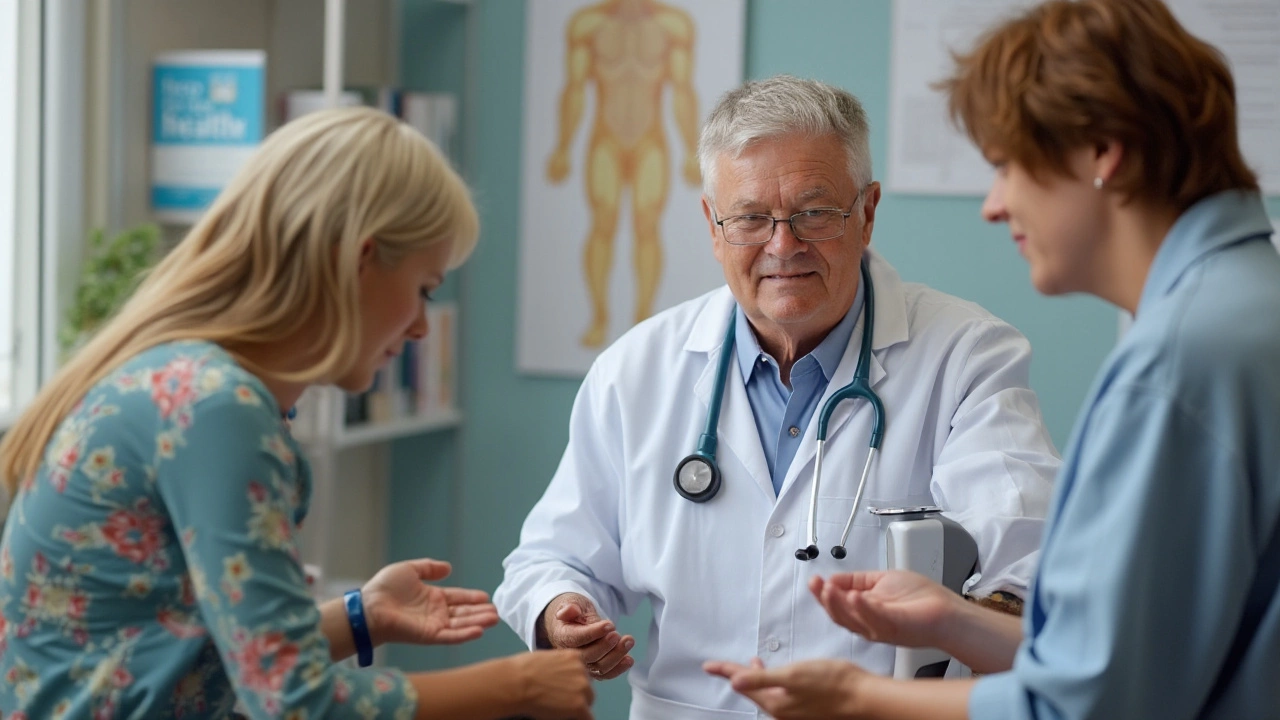What You Need to Know About GP Services in the UK
If you’ve ever wondered how to get an appointment with your local GP, what you can ask for at a visit, or whether private care is worth it, you’re in the right place. This guide breaks down the basics of GP services, gives you clear steps to book an appointment, and shares practical tips to make the most of your visit.
Booking an Appointment – Simple Ways to Get Seen
First thing’s first: you need a slot. Most NHS practices let you book online through the NHS App or the practice’s website. If you prefer talking to a person, just call the surgery during open hours – the receptionist will find the earliest slot that fits your needs. For urgent issues that can’t wait, ask for a “same‑day” or “urgent” appointment; GP offices keep a few places open for these cases.
Private GP clinics work the same way, but you’ll usually book through a dedicated portal or by phone, and you’ll pay the fee up front. Private appointments often mean shorter waiting times and longer consultations, which can be handy if you have a complex condition.
What Happens at a GP Visit? – Services You Can Expect
A typical GP visit covers a wide range of health needs. You can get a prescription, a referral to a specialist, a vaccination, or simple advice on lifestyle changes. GPs also run health checks for blood pressure, cholesterol, and diabetes. If you’re thinking about a surgery, the GP will guide you through the referral process and explain what to expect.
Many practices now offer video or phone consultations. These are great for follow‑ups, prescription renewals, or questions that don’t need a physical exam. Just log into the NHS App, pick a time, and you’ll get a video link on the day.
When you need something beyond primary care – like physiotherapy, mental health support, or dental referrals – the GP will point you to the right service. For example, if you’re dealing with chronic pain, they might arrange a physiotherapy session (see our post on "What Happens During a Physiotherapy Session?").
Here are a few quick tips to get the most out of your GP appointment:
- Write down your symptoms, dates, and any questions before you go.
- Bring a list of current medications, including over‑the‑counter drugs.
- Be honest about lifestyle factors – smoking, alcohol, diet – because they affect treatment decisions.
- If you’re not happy with the explanation, ask the GP to repeat it or use simple language.
Remember, the GP is your first point of contact for most health concerns. Knowing how to book, what services are available, and how to prepare will save you time and help you get the care you need faster.
Understanding the Role of a General Practitioner in Daily Healthcare
General practitioners (GPs) play a crucial role in our healthcare system as the first point of contact for individuals seeking medical attention. GPs provide comprehensive health care, manage chronic illnesses, and coordinate with specialists when necessary. They play an essential role in health education and prevention, helping detect conditions early and reducing the risk of serious diseases. Understanding the importance of a GP can significantly enhance anyone's approach to maintaining health and wellness.

